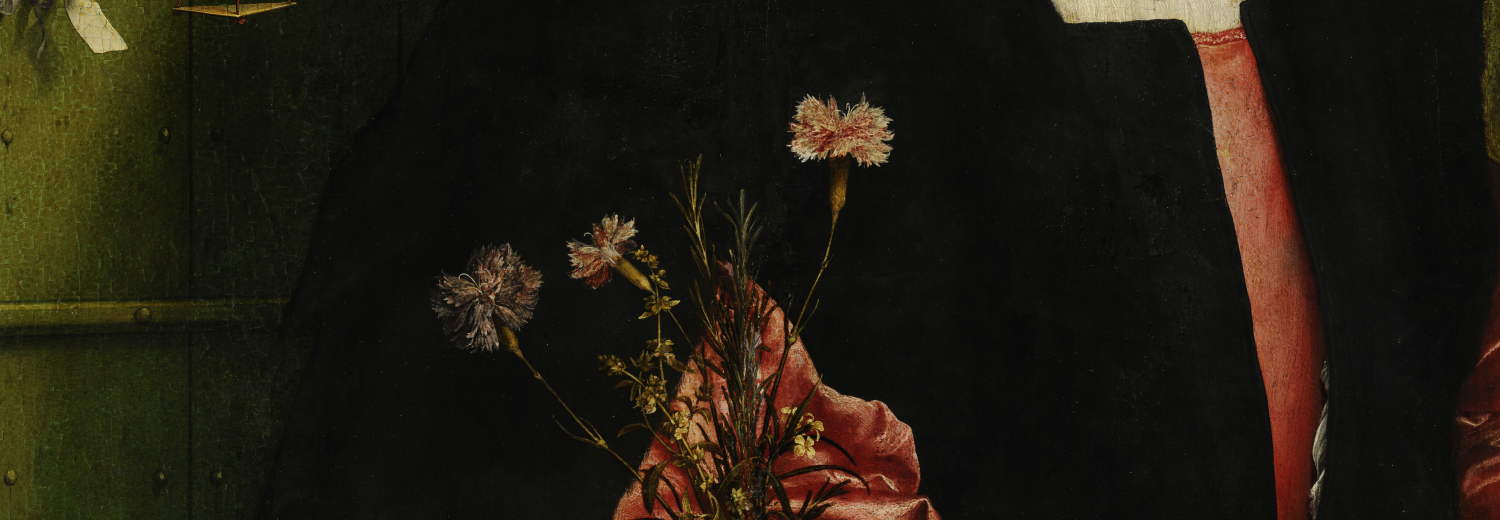Marjet Brolsma and Vincent Kuitenbrouwer: ‘Using history for propagandistic purposes.'
Justyna Wubs-Mrozewicz‘Using history for propagandistic purposes in Dutch-language media during the Second World War.’
Next up, as we look back over the modern edition of the History in Conflicts webinar series, is our University of Amsterdam colleague Marjet Brolsma who joined us to talk about her research into the uses of history in second world war propaganda. Her presentation originated with of her work on the ‘Media War’ project at the Institute of Sound and Vision, which has brought together several historians (including her UvA collaborator Vincent Kuitenbrouwer) each exploring a different aspect of Dutch language media from the war years.
Brolsma opened by noting the ways in which history is always key to the vocabularies of nationhood and nationalism. In Europe today, the Second World War is the central historical event in this kind of discourse. This is as true in the Netherlands as anywhere else. Ukrainian President Volodymyr Zelenzky, for instance, encapsulated the power of the Second World War as an argument with his invocation of Rotterdam’s wartime destruction in a speech to the Dutch Parliament. In the midst of World War Two, however, a different set of historical events took centre stage in Dutch historical rhetoric.
Both pro- and anti-Nazi outlets drew on elements of seventeenth-century history to rally Dutch people to their cause. For the Nazis, the key figure was Admiral Michiel de Ruyter. Already established as national hero before the war, he was useful to the Nazis and their sympathisers because of his seventeenth-century battles with the English. These conflicts provided the foundations of a narrative in which the Dutch and British were presented as eternal adversaries.
Broslma identifies De Ruyter as a figure around which a ‘transgenerational’ conception of the Dutch nation could be created by propagandists. As a figure from the ‘Golden Age’ of the Netherlands, he was also used to suggest a breach between the defeated and occupied country of the 1940s and the tremendously wealthy maritime power of the 1650s. The glories of the Golden Age, Nazi propagandists suggested, could only be recaptured by support for the Kriegsmarine and participation in their new empire.
Anti-Nazi propaganda used de Ruyter too, but his dominant place in Nazi output led to discomfort about him as a symbol. Radio Orange, the most prominent anti-Nazi radio station, came to focus instead on the 80 Years War. They likened the Nazi invasion to war with the Spanish Empire, evoking several popular and well known stories about the war to support their cause.
The idea of the ‘geuzen,’ Calvinist rebels who had fought the Spanish, was one important and recurring motif. The Queen meanwhile was frequently compared to her much admired ancestor, William of Orange. Comparisons were likewise made between Nazi authorities and famously tyrannical Spanish leaders like the Duke of Alba. These comparisons highlighted resonances between contemporary events and the Eighty Years War, which emphasised the seventeenth-century war’s traditional association with national self determination. These arguments too had a ‘transgenerational’ aspect, characterising the Dutch as innately freedom loving and thus naturally in conflict with the German occupation.
Showing off all the advantages of a twentieth-century historian, Brolsma supported her claims with an original audio recording from the period, an extract of a wartime radio broadcast which dwells at length on the legacy of the Netherlands’ early modern history. ‘We have expelled the Spanish tyrants,’ it proclaimed, ‘and we will do so with the Germans… that is a certainty.’ The radio program ends with reflections on William of Orange.
That the broadcast would end with William, Brolsma says, captures well the contested quality of history in wartime propaganda, and shows how hard it was for either side to gain ‘issue ownership’ over historical topics. On the one hand, he was beloved by the anti-Nazi outlets like Radio Orange; as mentioned before, the queen’s descent from the Orange was much emphasised. On the other hand, Nazi’s tried to claim him too, presenting him as a symbol of Dutch militarism and the kind of warlike culture they admired. Even as they sought to claim some aspects of his legacy, however, they also restricted commemoration of his victories against foreign invasion, revealing this history’s multifaceted quality and the difficulty of making use of it in conflict.
Marjet Brolsma is Assistant Professor in European Intellectual, Cultural and Literary History at the European Studies department of the University of Amsterdam.
Vincent Kuitenbrouwer is Senior Lecturer History of International Relations at the University of Amsterdam

Comments
Add Comment